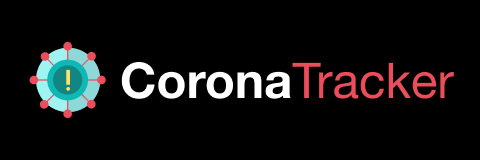Homebrew Tap for Chunkwm tiling window manager (https://github.com/koekeishiya/chunkwm)
NOTE: plugins folder has been moved to /usr/local/opt/chunkwm/share/chunkwm/plugins
Chunkwm works with MacOSX >= 10.11
--with-logging
Redirect stdout and stderr to log files to standard brew path.
--with-purify
Build purify plugin.
--with-tmp-logging
Redirect stdout and stderr to /tmp.
--without-border
Do not build border plugin.
--without-ffm
Do not build focus-follow-mouse plugin.
--without-tiling
Do not build tiling plugin.
--HEAD
Install HEAD version
Copy the example configuration into your home directory:
cp /usr/local/opt/chunkwm/share/chunkwm/examples/chunkwmrc ~/.chunkwmrc
Opening chunkwm will prompt for Accessibility API permissions. After access
has been granted, the application must be restarted:
brew services restart chunkwm
If both --with-logging and --with-tmp-logging are specified, the former takes
precedence over the latter.
Accessibility API must be granted after every update to chunkwm, unless you codesign the
binary with self-signed certificate before restarting
Create code signing certificate named “chunkwm-cert” using Keychain Access.app:
- Open Keychain Access.app
- From menu select
Keychain Access -> Certificate Assistant -> Create a certificate - Fill the certificate form:
- Name: chunkwm-cert
- Identity Type: Self Signed Root
- Certificate Type: Code Signing
Sign the binary:
codesign -fs "chunkwm-cert" /usr/local/opt/chunkwm/bin/chunkwm
To have launchd start crisidev/chunkwm/chunkwm now and restart at login:
brew services start crisidev/chunkwm/chunkwm
Or, if you don’t want/need a background service you can just run:
chunkwm
If the formula has been built with --with-logging, logs will be found in
/usr/local/var/log/chunwm/chunkwm.[out|err].log
brew tap crisidev/homebrew-chunkwm
brew install chunkwm
brew install --HEAD chunkwm
brew install --without-border --without-tiling --without-ffm chunkwm
brew install --with-tmp-logging chunkwm
In the repo I am also distributing other chunkwm plugins.
Chunkwm Blur – https://github.com/splintah/blur
Blur wallpaper when there are open windows.
brew install --HEAD chunkwm-blur


















